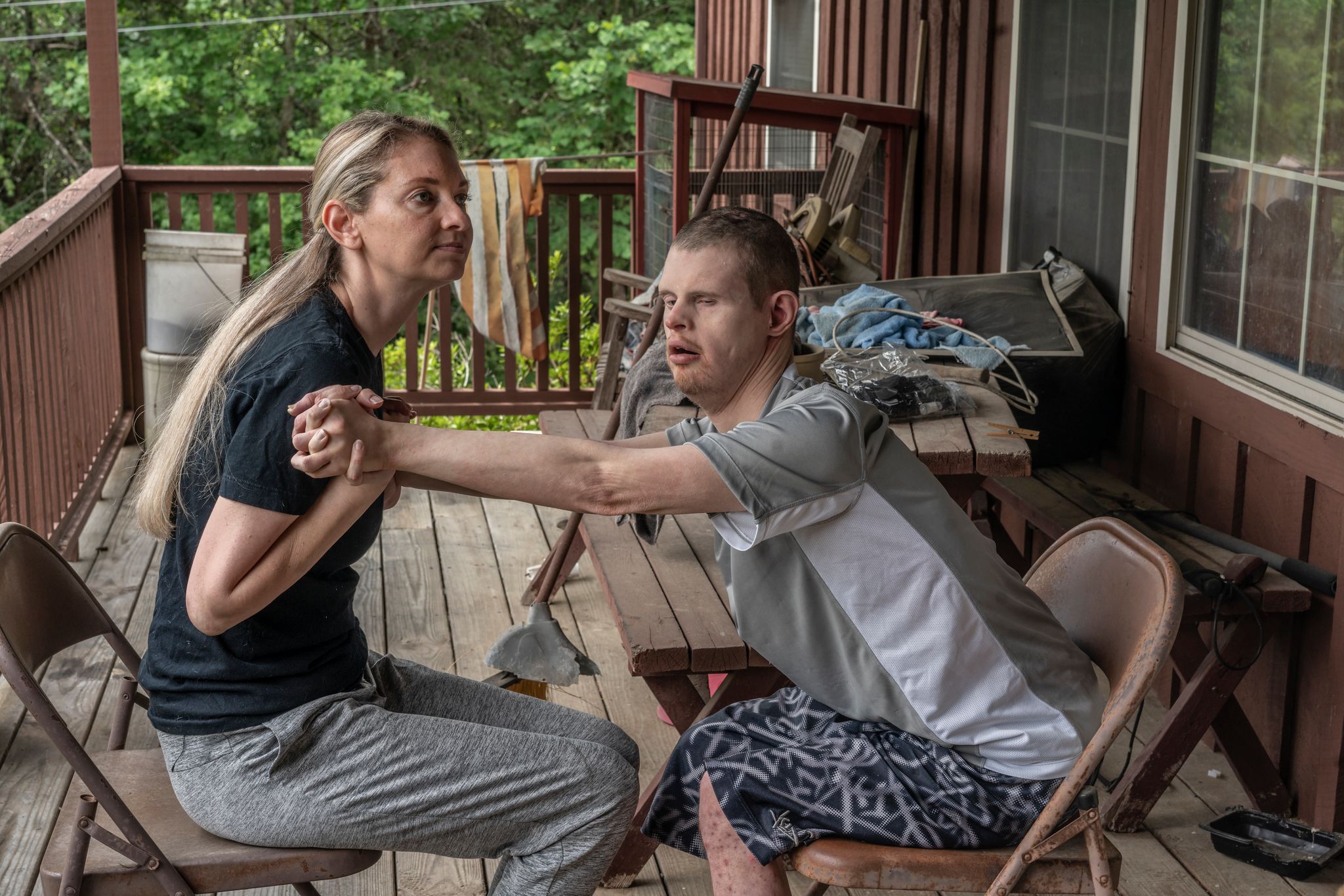When I started in this work 35 years ago, life for people with disabilities in Tennessee was very different than it is today.
Our lives have been decided for us by our families, our nations, our well-meaning doctors, or some combination of the above. Pre-ordained. A linear path with few options and even fewer exits.
At the time, most laws and systems (including Tennessee’s) were designed in terms of institutional programs and congregate facilities, like the notorious state-run institutions that separated children and adults from their families and communities.
Within state government, the main drivers of any disability policy have been charity and compassion. Indeed. Charity is a good thing, and it’s a start. 
But what about empowerment, opportunity, respect, individual choice and inclusion?
They are far better than any charity, and we knew it.
Americans with disabilities, their families, and advocates across the country worked to pass the Americans with Disabilities Act (ADA) in 1990. Signed by President H.W. Bush, it expanded opportunities and reduced barriers — and we’re not just talking physical ones.
Suddenly, the invisible barriers that divided people brought them together, across every dimension of disability labeling, demographics, and political stance.
We knew we shouldn’t relegate our existence to a political conversation. We are too diverse, too large, and too common. Recognizing and accepting the reality of disability as a natural part of the human experience is a message that many don’t want to hear, but it is real nonetheless. And it’s a message we still use today.
The truth is, seven in 10 Tennesseans will experience a disability at some point in their lives. It’s a reality that no amount of wealth, status, prestige or political advancement can avoid. We can choose to ignore it, or we can anticipate and plan for it. If we choose the latter, the vast majority of people with disabilities can live a quality life — a rich, fulfilling life — that doesn’t have to limit their right to make choices, to have meaningful work, to live as independently as possible, and to participate fully in all aspects of society.
I have been instrumental in helping the disability community speak out and help state leaders and the Tennessee Legislature understand that they alone can shift the narrative from one of charity and pity to one that enables policies that support the full inclusion of people with disabilities in the state’s economic, political and social fabric.
Over the past 35 years, I have learned some important lessons not only for people with disabilities but for all Tennesseans committed to advancing our state.
I’ve said it before. I’ll say it again. Disability transcends every demographic, every religion, every race, every political ideology. Our issues are not partisan, and trying to frame them as such backfires spectacularly. The latter is common among leaders who lack diverse lived experiences or who are unable to put themselves in someone else’s shoes. In other words, experience matters. And experience leads to better policy – policy that supports all Tennesseans, not just those with disabilities. Good policy takes time and requires perseverance. It took nearly two decades of tireless advocacy to transform Tennessee’s long-term care system from one that was entirely dependent on institutions to one that not only embraces home- and community-based services but also shifts spending to support them. We’re still far from perfect, but our community knows the power of the long game. We can’t forget our history, our accomplishments, and the work that remains. Though we’re no longer relegated to a linear existence of institutionalization, we know that good policy is only as good as its implementation. The Legislature can pass and fund bills, but it is state agencies that implement them. The home- and community-based services we have fought so hard for are riddled with problems and simply do not serve the many Tennesseans who need them. Workforce issues, design flaws, no-bid contractors, and other barriers need to be highlighted by advocates and addressed by policymakers. The same is true for other public systems in Tennessee, such as education, health care, and employment. If we forget that we have been in the past, we avoid accountability for what is wrong and maintain the status quo by not implementing lessons learned from our own history. The needs of Tennesseans with disabilities are not “special.” They are essential. Access to education, housing, health care, employment, and voting places are not special. They are essential to our lives, and are often forgotten when “disability” is the topic of conversation. Like other Tennesseans, we just want to live our lives. We want to go to school. We want to see a doctor when we need to. We want to go to restaurants and parks. We want to be in our communities. Our state budget is a moral document. The old adage, “Show me the child and I’ll show you the parents,” rings true. We elect leaders who choose how to spend our limited resources, but their choices are thought-provoking. They reveal our state’s true priorities and commitment to supporting and strengthening families, people and communities. How? Tennesseans with disabilities experience the consequences firsthand every day. Policy decisions, budget priorities and even staff appointments can and do affect the lives of Tennesseans with disabilities. For many, they are even a matter of life and death.
Thirty-five years later, as I assume the mantle of my successor, I am incredibly grateful to our many friends and partners in the disability community, to our hard-working advocates in government and the private sector, and even more grateful to the dedicated advocates across this great state, with or without disabilities, who are using their voices, telling their stories, supporting and encouraging one another — all in the effort to create a new reality in which all people, with or without disabilities, can live the lives they choose.
A place where our policies reflect our proclaimed values.
A reality where we can all just go about our daily lives.

